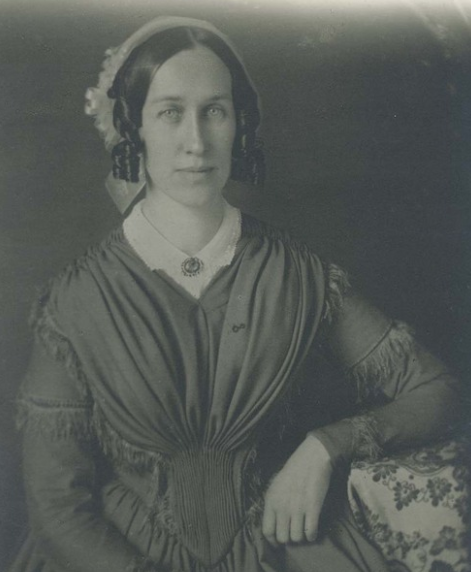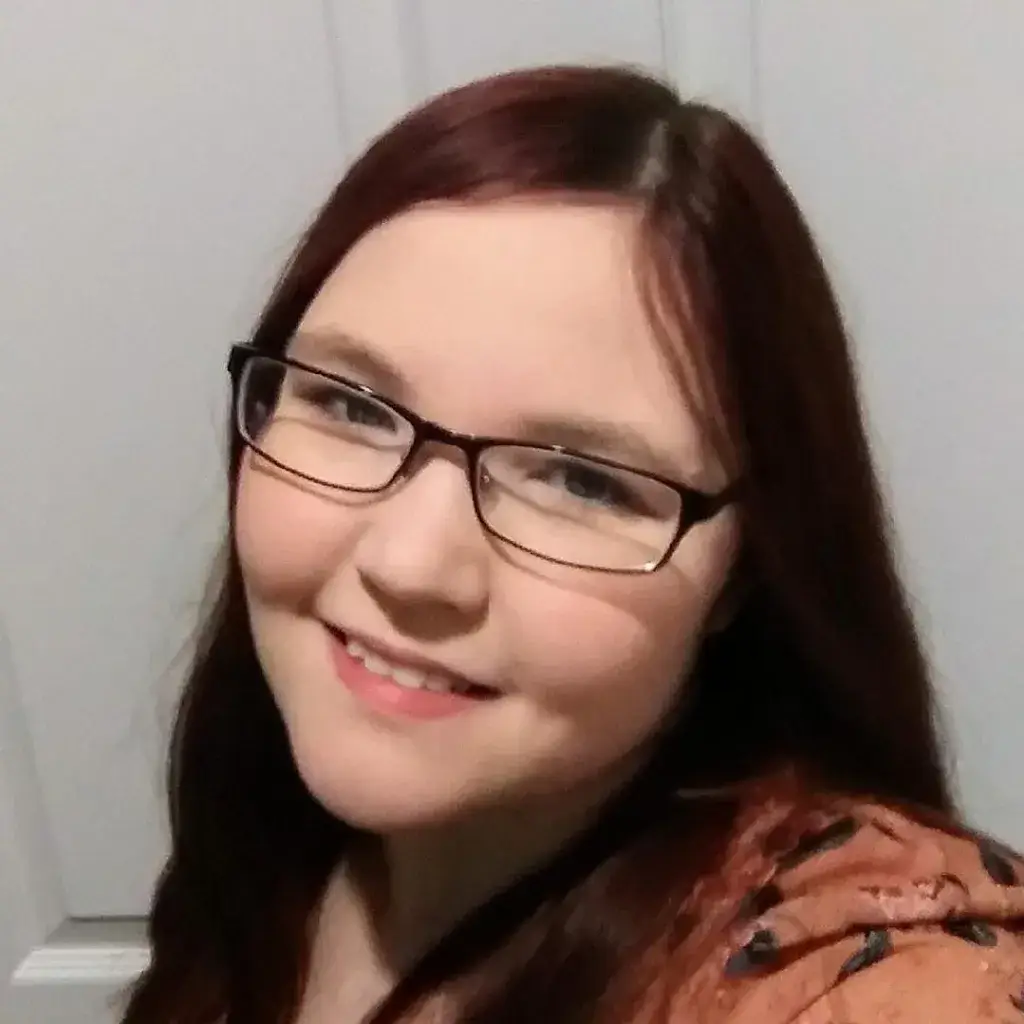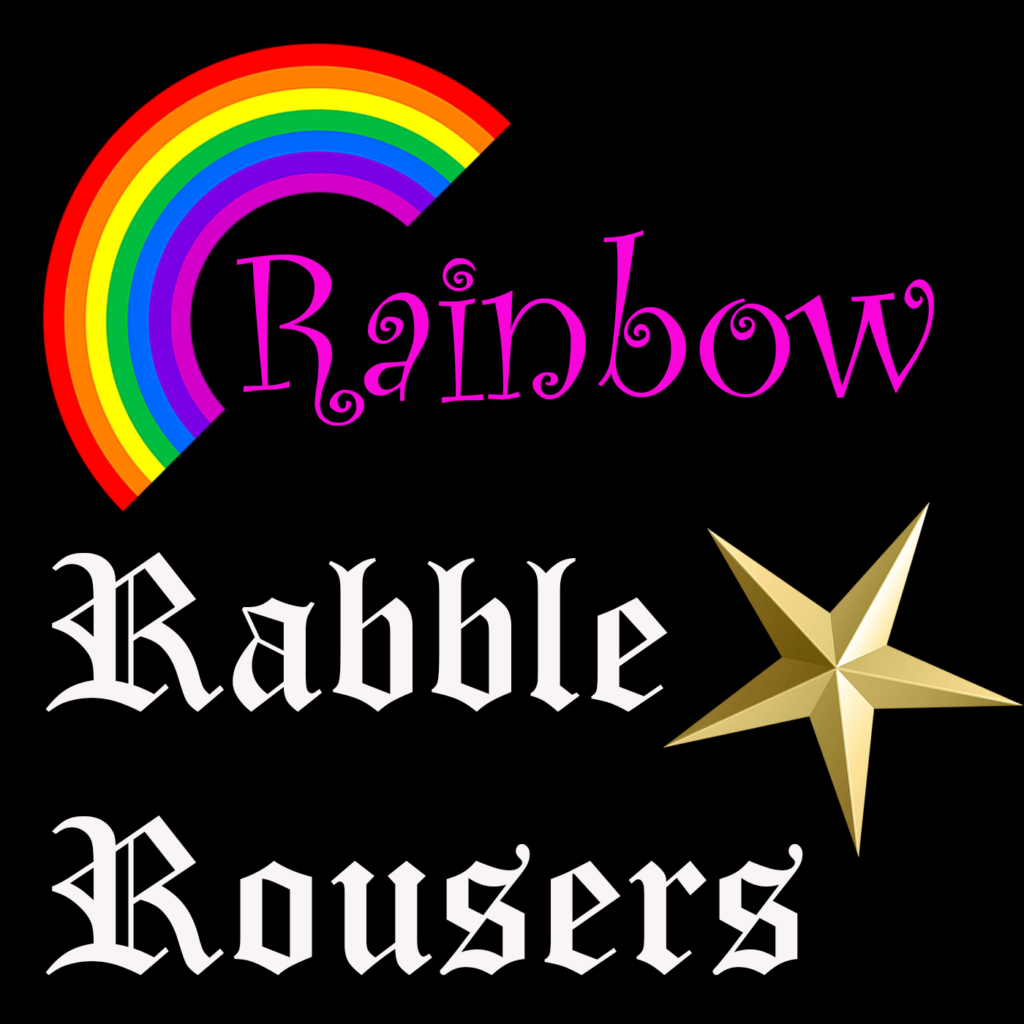Moneka Women’s Rights Association and the Wyandotte Constitution

The women in a small rural farm town in Kansas territory wanted the same rights as men and were willing to fight for them. The town was established in 1857 by abolitionists and idealists and was given the name of Moneka—a Native American word meaning, “morning star”. It was here in this small town that the women and some men came together and formed the Moneka Women’s Rights Association. The members of this association would write a constitution and preamble that would be presented to the Wyandotte Constitutional Convention and would eventually lead to women gaining full rights in the state of Kansas in 1912. Moneka was located in Linn County one mile north and one-half mile west of Mound City. The women there wanted to vote in elections, own property, and to be guardians of their own children. The community was made up of around 200 people, 42 of whom joined the Moneka Women’s Rights Association. Of those who joined roughly half were men. The members of the Association and other women’s rights supporters in the territory wanted to influence the new Kansas constitution concerning women’s rights. At a meeting held on February 2, 1858, the Moneka Women’s Rights Association adopted a preamble and 7 articles that became their constitution. The preamble reads:
“Because, Woman is constitud of body and mind and has all the common wants and the natural powers of the other. Because she is a social being and has all the relations of life to sustain which belong to an Associated condition of existence- and Because she is a progressive being ever out-growing the past and demanding a higher and greater future- or in other words, Because she is a Human Being and as such is endowed by her Creator with the full measure of human rights whether educational, social, or political; and Because by the present arrangement of the world she is shut out of Colleges and the higher order of educational institutions , thereby deprived of great opportunities for intellectual improvement- shut out from most of the lucrative professions and the mechanic arts, thereby deprived of the facilities for the accumulation of wealth and enjoyment of social life, – made subject to laws which she has no voice in making and which deprive her of the ownership of property and of herself, and give even her daily earnings to the control of others; dragged before courts to answer for crimes against laws to which she has never giver her assent, to be tried as a criminal in Halls where she can neither sit as a judge or juror, or officiate as counsel: and Because, from the Pulpit and the Rostrum woman is called upon to give character to the rising generation and charged with the responsibility of shaping the destiny of the race, Because she is demanded to make statesmen to wield the fate of Nations, and divines to wake the world to glory.”
In 1887 the Constitution of Kansas was amended to give women the right to vote in Municipal elections and in April Susanna Salter of Argonia, KS was elected the first female mayor in the nation. She was added to the ballot as a joke by some men and received two-thirds of the vote. Several other communities in Kansas elected female council members over the next few years. 53 years after Clarina Nichols appeared before the delegates at the constitutional convention on behalf of the Moneka Women’s Rights Association the Equal Suffrage Amendment was passed on November 5, 1912. Kansas became the eighth state to grant full suffrage to women and even after Kansas women were grant full rights, they continued to fight for a national suffrage amendment which would come eight years later on August 8, 1920. Today the town of Moneka no longer exists as the town began to decline and by the fall of 1859 many of the residents had moved away. By 1866 the town had all but disappeared. Though the town of Moneka has gone extinct what was accomplished by many of its residents has lived on for generations of Kansas women.
Thanks for reading. Be sure to share and subscribe. You can also help support independent journalism in Kansas by buying me a coffee at buymeacoffee.com/kscon.

Emily Brannan
Emily Brannan is a born and raised Kansan. Graduating from Missouri Southern State University in Joplin, MO with a Bachelor of Arts in History with a minor in American Studies, she is now a historian, writer, and researcher.

